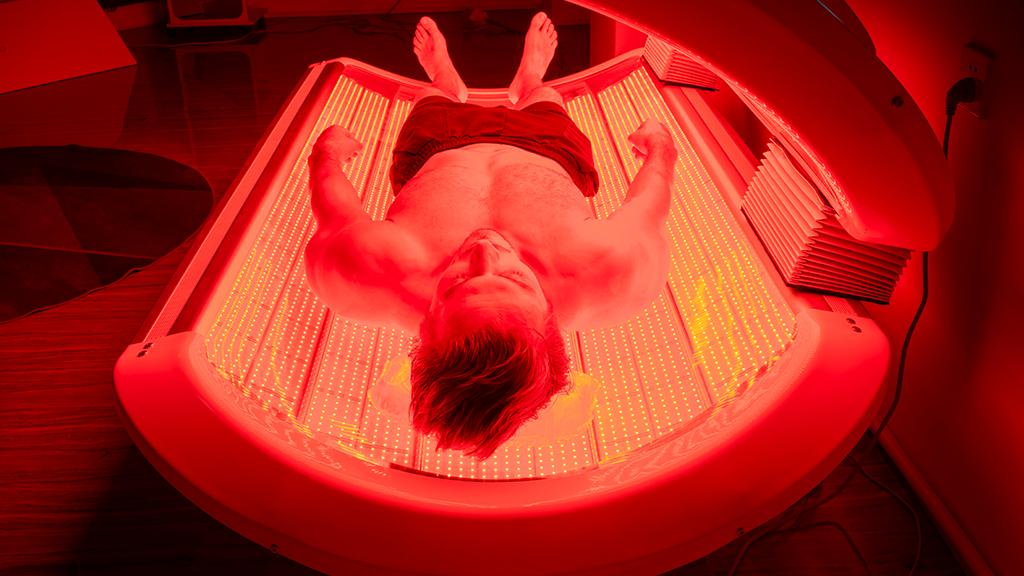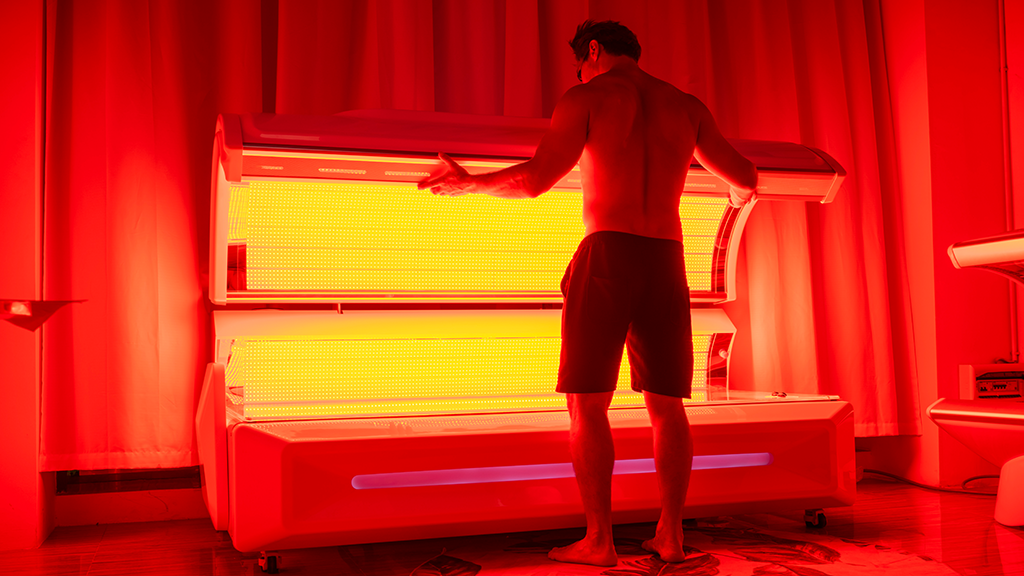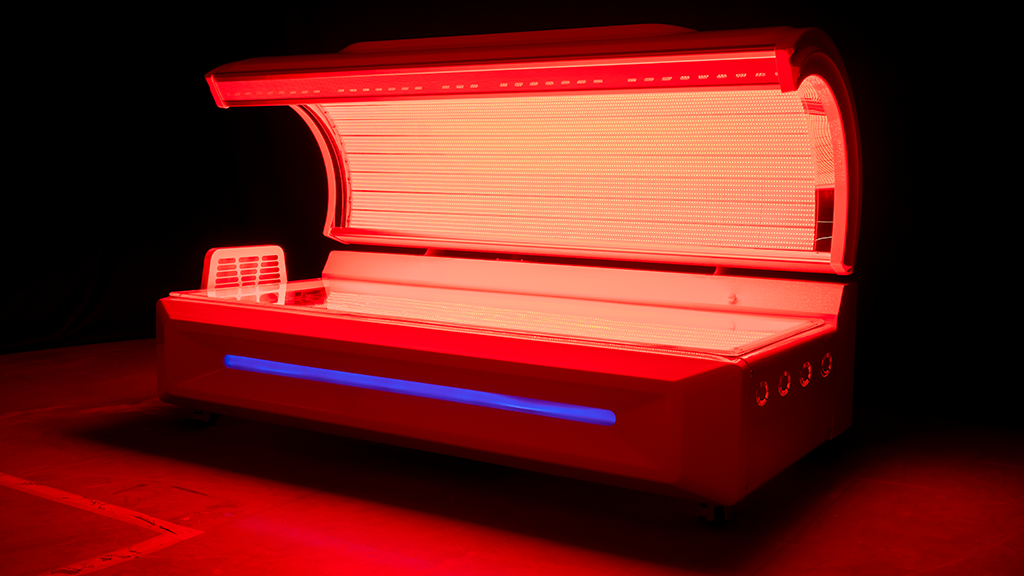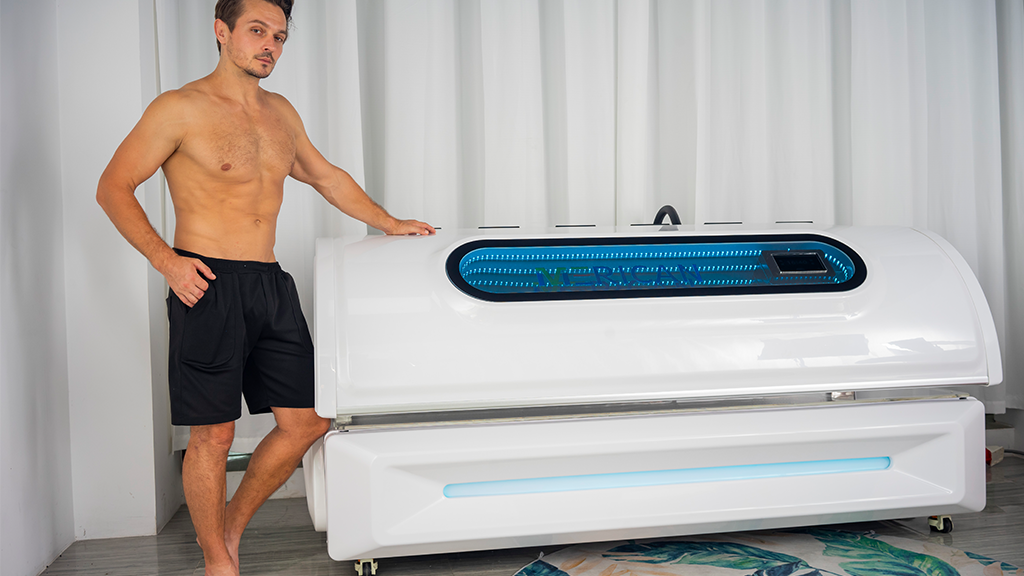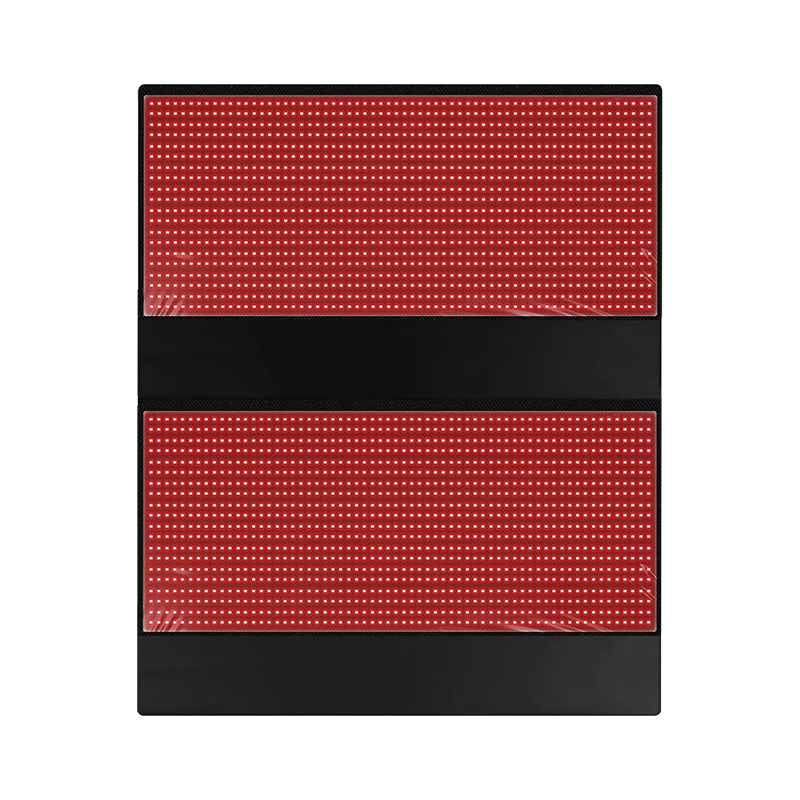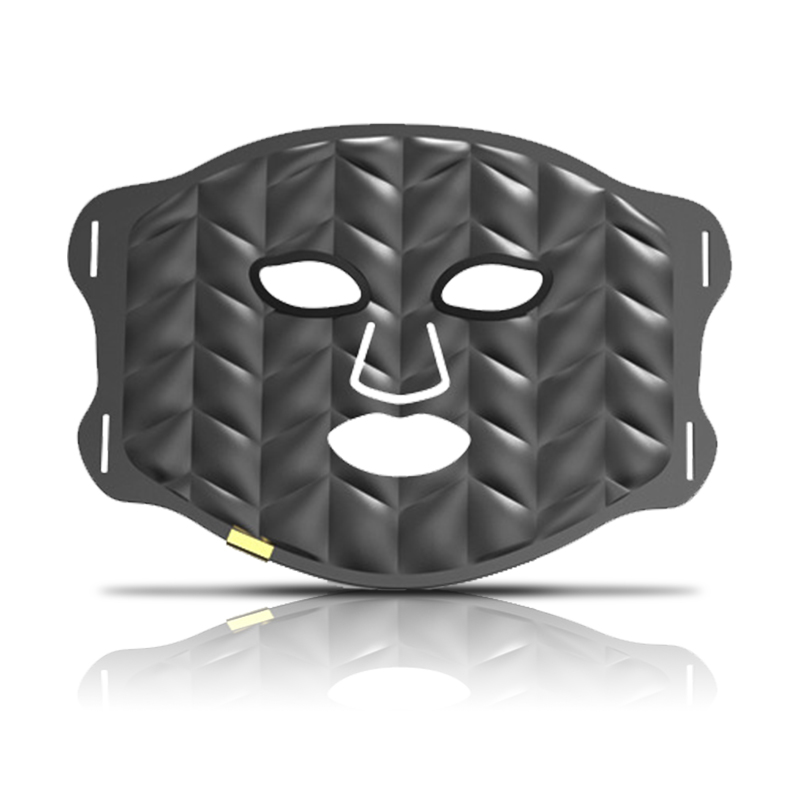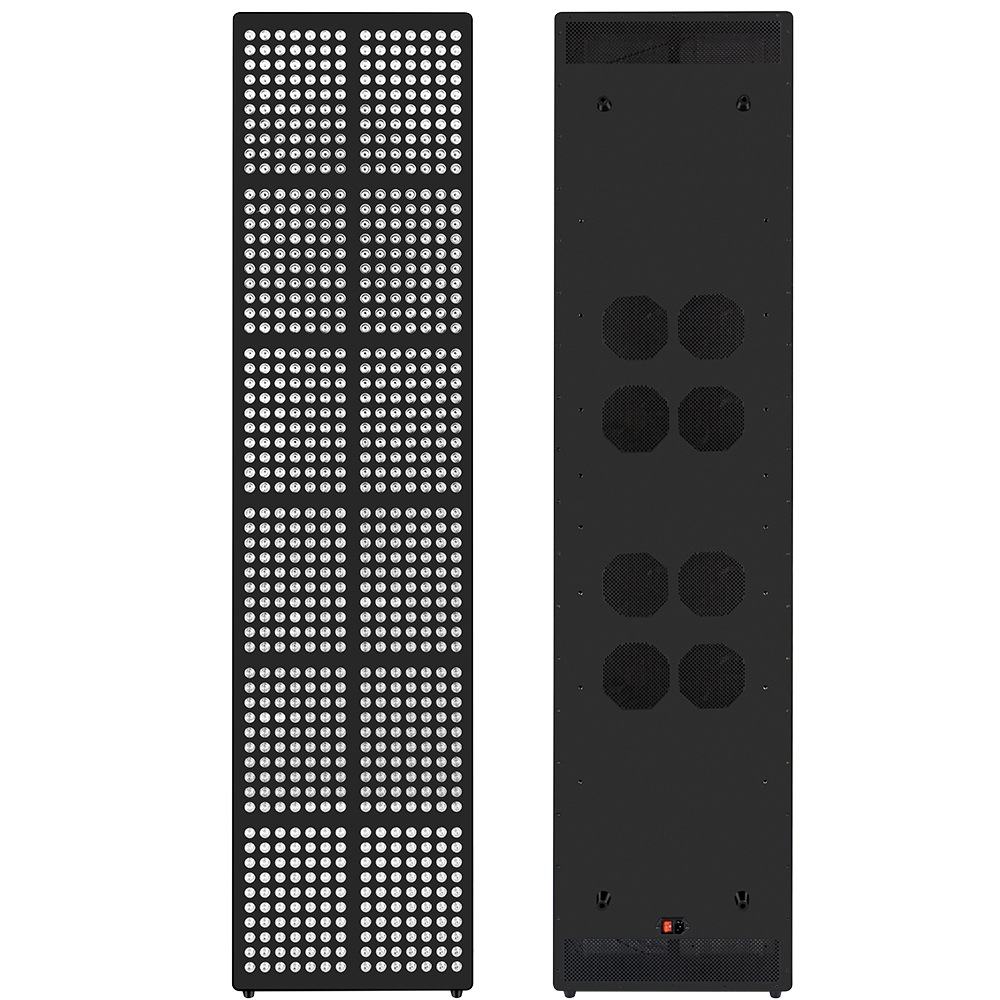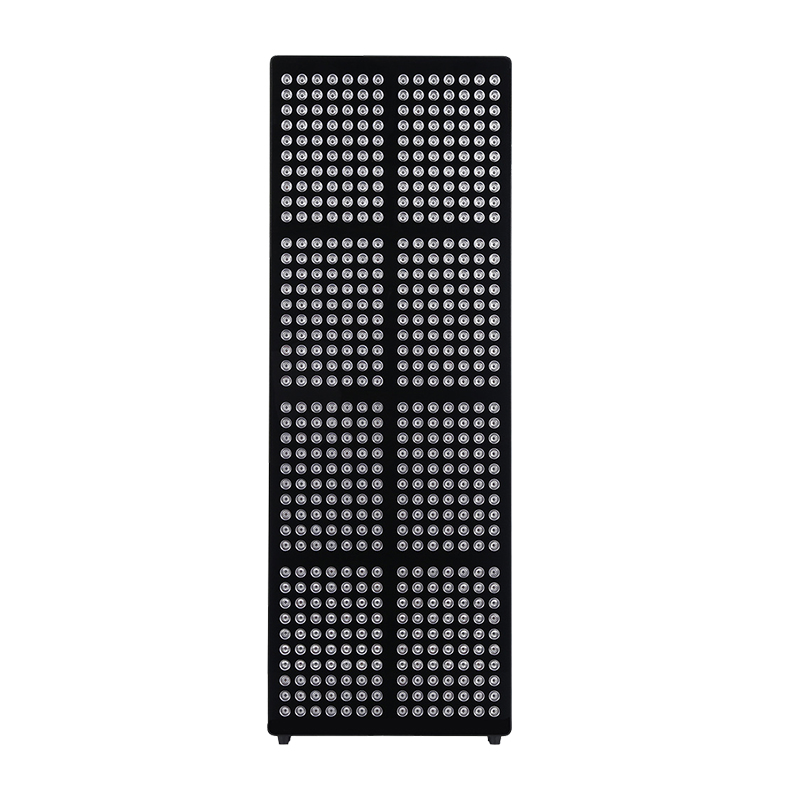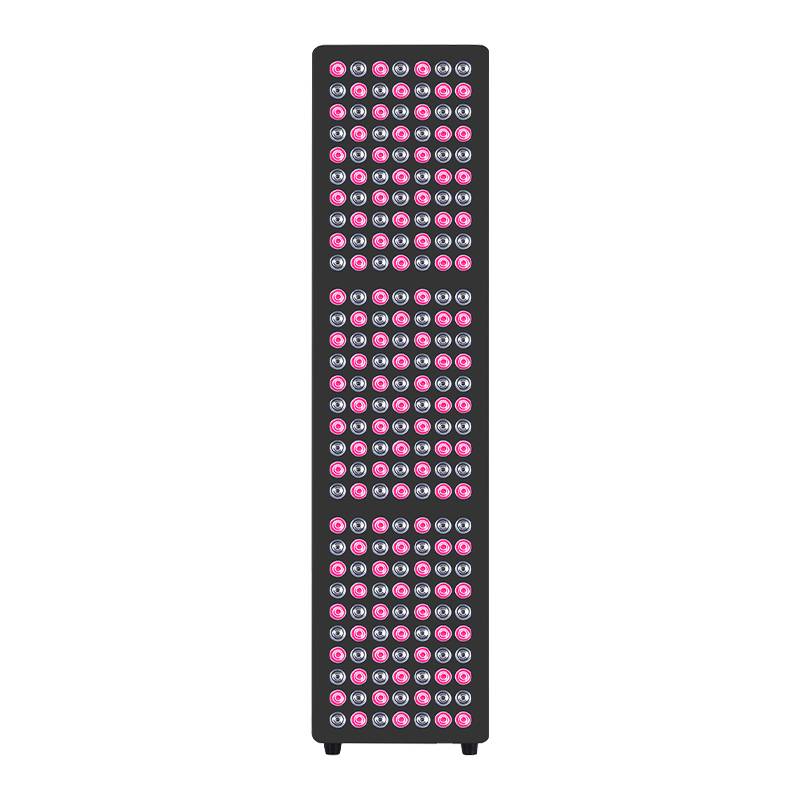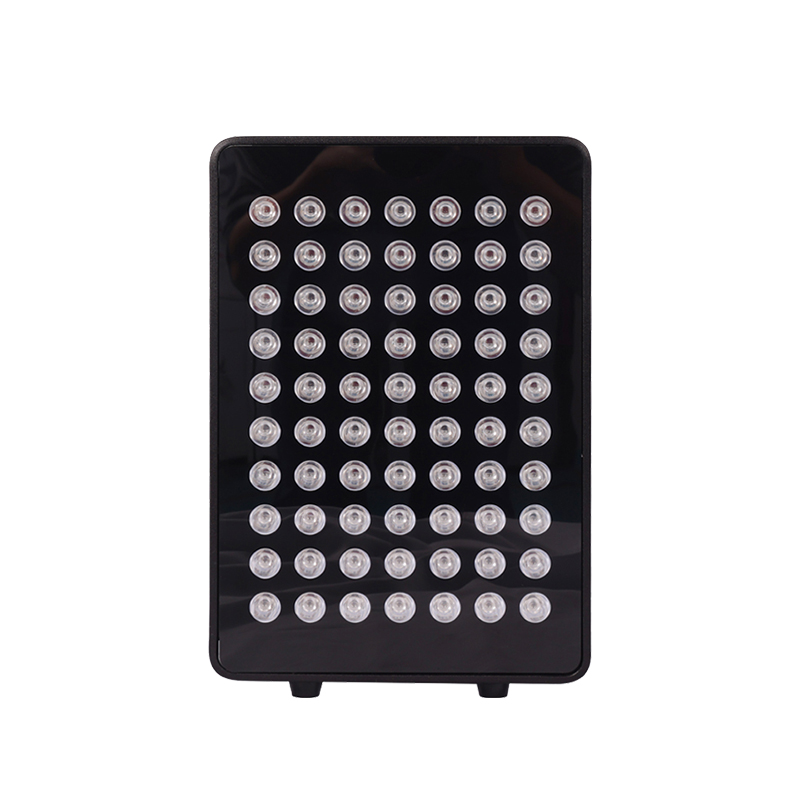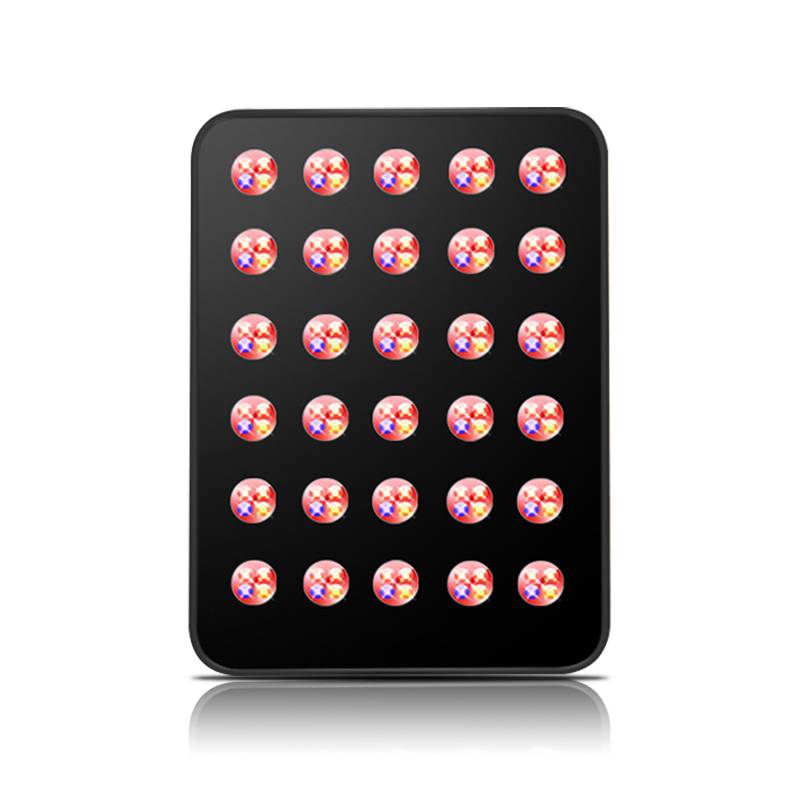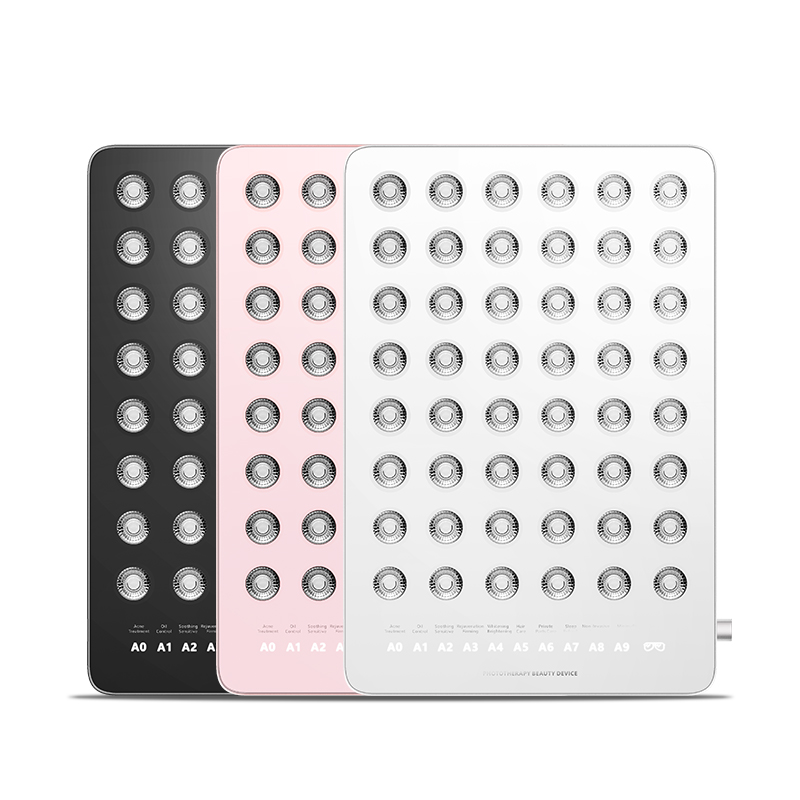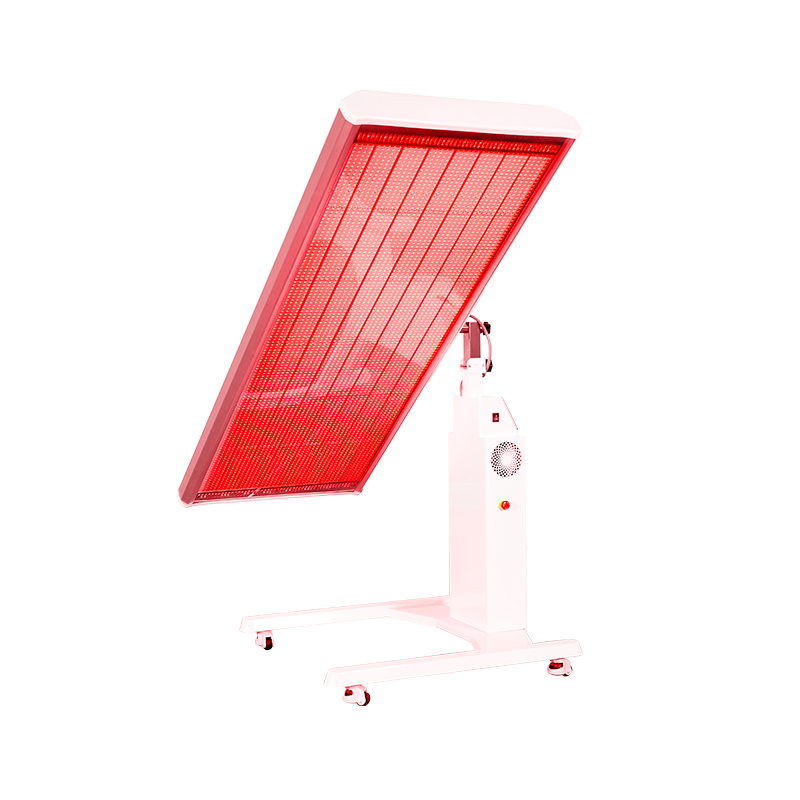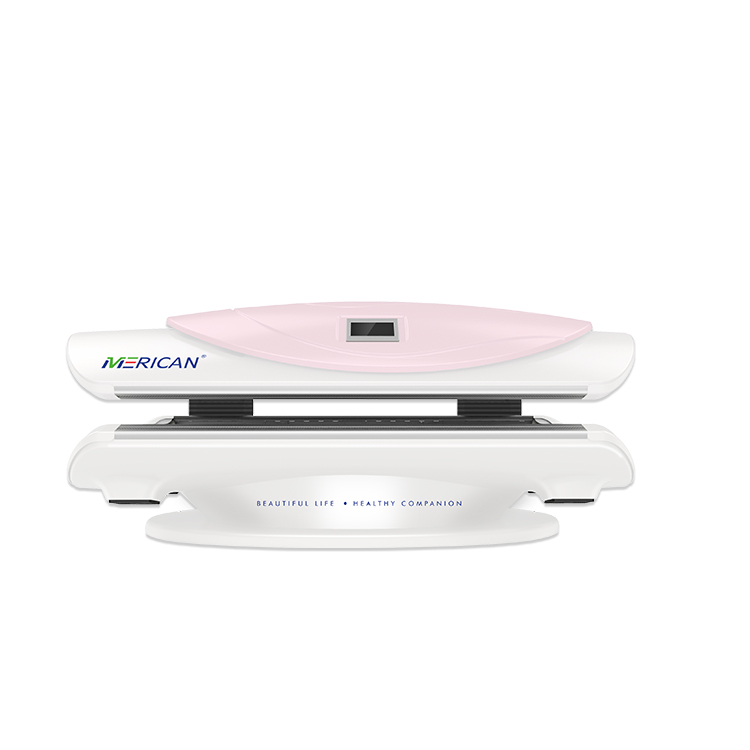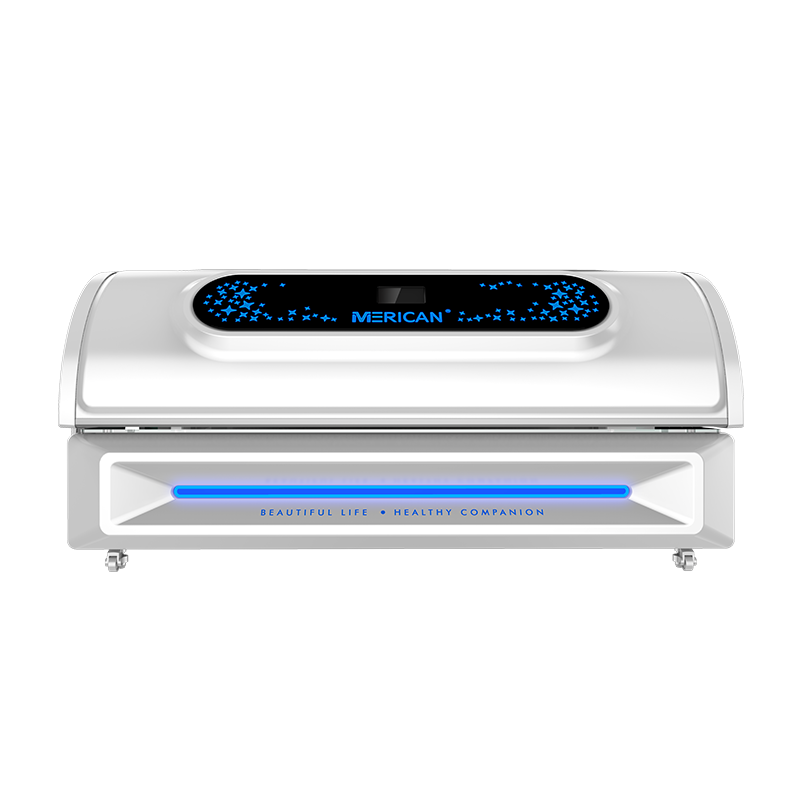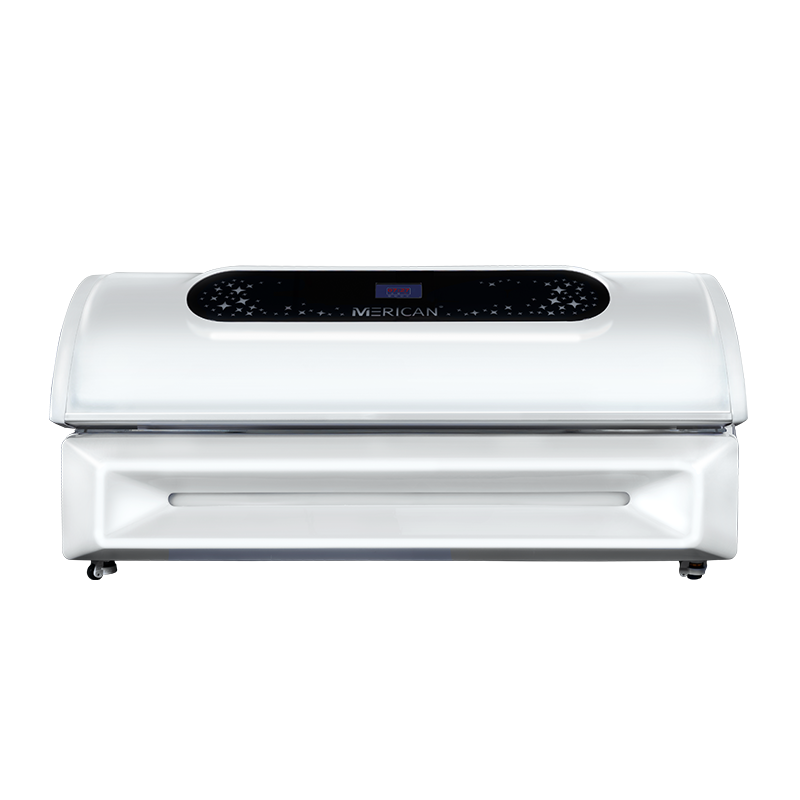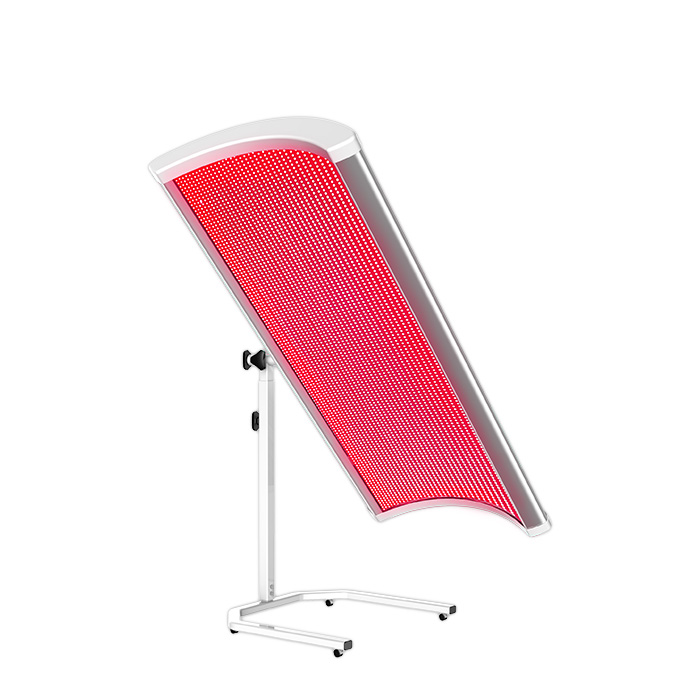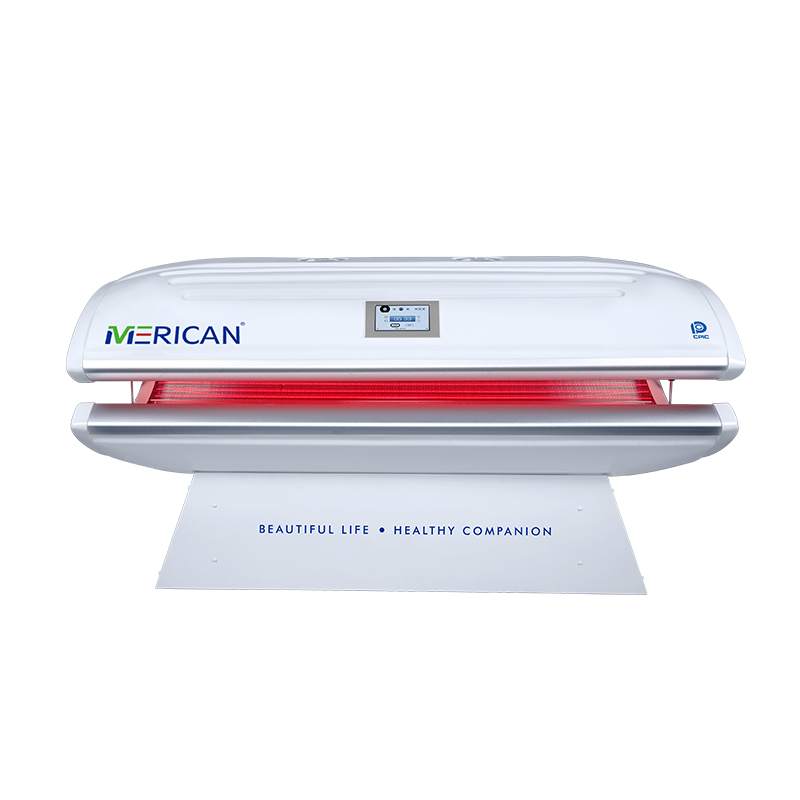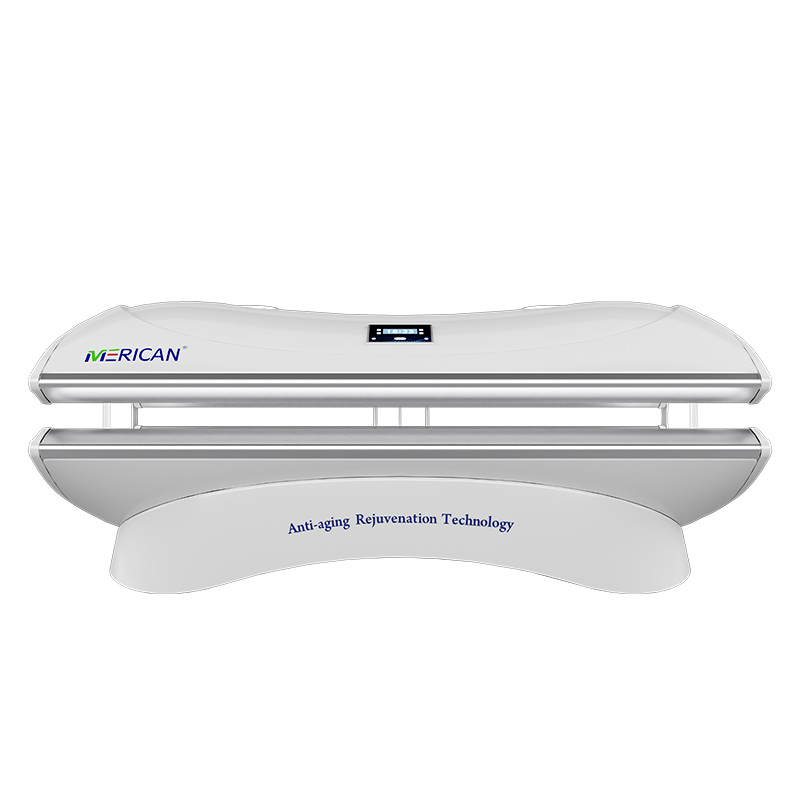Эффективность красного света: отбеливание и омоложение кожи, уменьшение пятен, разглаживание морщин, подтяжка кожи, улучшение тупости, замедление старения,и т. д..
Показания:уход за кожей, Высокий уровень липидов в крови,высокое кровяное давление и высокий уровень сахара в крови,прыщи,различные боли,различные воспаления,тревога и депрессия,экзема,и т. д..
Как красный свет может повлиять на ваш сон
Циркадные ритмы — внутренние часы организма, контролирующие наши циклы сна и бодрствования — реагируют «на свет как на сигнал о необходимости бодрствовать»., и темнота как сигнал ко сну,По данным Центров по контролю и профилактике заболеваний США.
Мы наиболее чувствительны к синему свету, излучаемому телефоном., Экраны телевизоров и ноутбуков, а также солнце — и было обнаружено, что именно свет подавляет высвобождение гормона сна мелатонина..
«В течение дня, именно тогда вам определенно нужен синий свет, потому что вы хотите подавить мелатонин в течение дня, когда вам следует бодрствовать,- сказал Дасгупта. «Вот почему мы всегда говорим, «Выйди из дома и подставь хорошему солнечному свету, когда проснешься утром».
Исследование о красном свете и сне
Поскольку синий свет подавляет высвобождение мелатонина, Гипотеза, лежащая в основе исследований сна и красного света (цвета на противоположном конце спектра), заключается в том, что красный свет может стимулировать высвобождение мелатонина., Дасгупта сказал.
Но существует лишь несколько исследований на здоровых людях, посвященных красному свету и сну., большинство из которых небольшого размера, от 10 к 30 участники каждый. И кажется, только пара исследований выявила такую связь..
В 2012 изучать, Исследователи из Китая оценили влияние терапии красным светом на качество сна и работоспособность спортсменов. 20 баскетболистки женского пола. Половина игроков получила 30 несколько минут облучения всего тела аппаратом для терапии красным светом, похожим на солярий. Исследователи обнаружили, что в этой группе наблюдалось большее улучшение сна и уровня мелатонина в сыворотке, чем в группе плацебо., которые не получали терапию красным светом.
Учитывая ограниченность исследований, «Это одна из тех ситуаций, когда есть хак для сна»,’ but there’s no evidence behind it really,” said Joshua Tal, a New York City-based psychologist specializing in sleep problems. “I don’t see the benefit.”
And other studies have found a very different effect. “We have shown that you can actually alert the brain by exposing people to that saturated red light,” said Mariana Figueiro, director of the Mount Sinai Light and Health Research Center in New York City.
А 2019 study led by Figueiro looked into whether delivering red light to closed eyes during sleep — using a red light mask — and to open eyes upon waking — via red light goggles — reduced sleep inertia among 30 adults. Sleep inertia is a circadian process that modulates memory, настроение, reaction time and alertness upon waking, according to a 2015 изучать. Some people experience impaired performance and grogginess over this period of time, and the effects of sleep inertia typically subside after 15 к 60 minutes but can last up to a few hours.
In Figueiro’s study, the authors collected data on participants’ sleepiness — which they self-reported — as well as auditory performance and cortisol levels on three Friday nights over three consecutive weeks. They found red light delivered through closed eyes while the participants were sleeping mitigated sleep inertia upon waking.
Two other small studies by Figueiro have also found red light to induce alertness.
“I would not make the claim that (красный свет) promotes sleep,” said Figueiro, who’s also a professor in the department of population health science and policy at the Icahn School of Medicine at Mount Sinai.
Red light’s impacts on sleep
Those who tout red light as beneficial for sleep have likely conflated red light’s low tendency to suppress melatonin with improving sleep — which isn’t the same thing, Figueiro said.
“The only thing that you could argue is that what it’s doing is, if you give that red light in the evening prior to sleep, you’re minimizing the disruption of the circadian system, because disruption of the circadian system occurs with bright or blue light,” Figueiro said. Другими словами, it might be that any benefits come from replacing the light you’re exposed to before sleep with red light, rather than adding the latter during sleep. “And that may be what leads to better sleep.”
Since red light doesn’t affect the circadian system, the potential for red light to induce alertness, as Figueiro found in her research, is “most likely affecting your brain through pathways other than the biological clock,» она сказала. The circadian system and brain alertness aren’t one and the same.
For melatonin or the circadian rhythm to be affected by light, there has to be a light that goes through the suprachiasmatic nuclei — the brain structure where the biological clock is located — and elicits a circadian response, Figueiro added.
Red light generally doesn’t do that, so “what we think is happening is the (красный свет) is actually affecting parts of the brain associated, например, with the visual system,” Figueiro said. “Or it could be associated with the amygdala or other parts of the brain that are not necessarily through the biological clock.”
Общий, while red light doesn’t necessarily promote sleep, it is less disruptive than other types of light, experts said.
The bottom line is that when it comes to sleep, “what’s better than red light is no light,- сказал Дасгупта. But if you’re going to have light, such as a night light, on for any reason while you sleep, you might as well use ones that will be more conducive to sleep, he added — which is where red light can come in handy.

